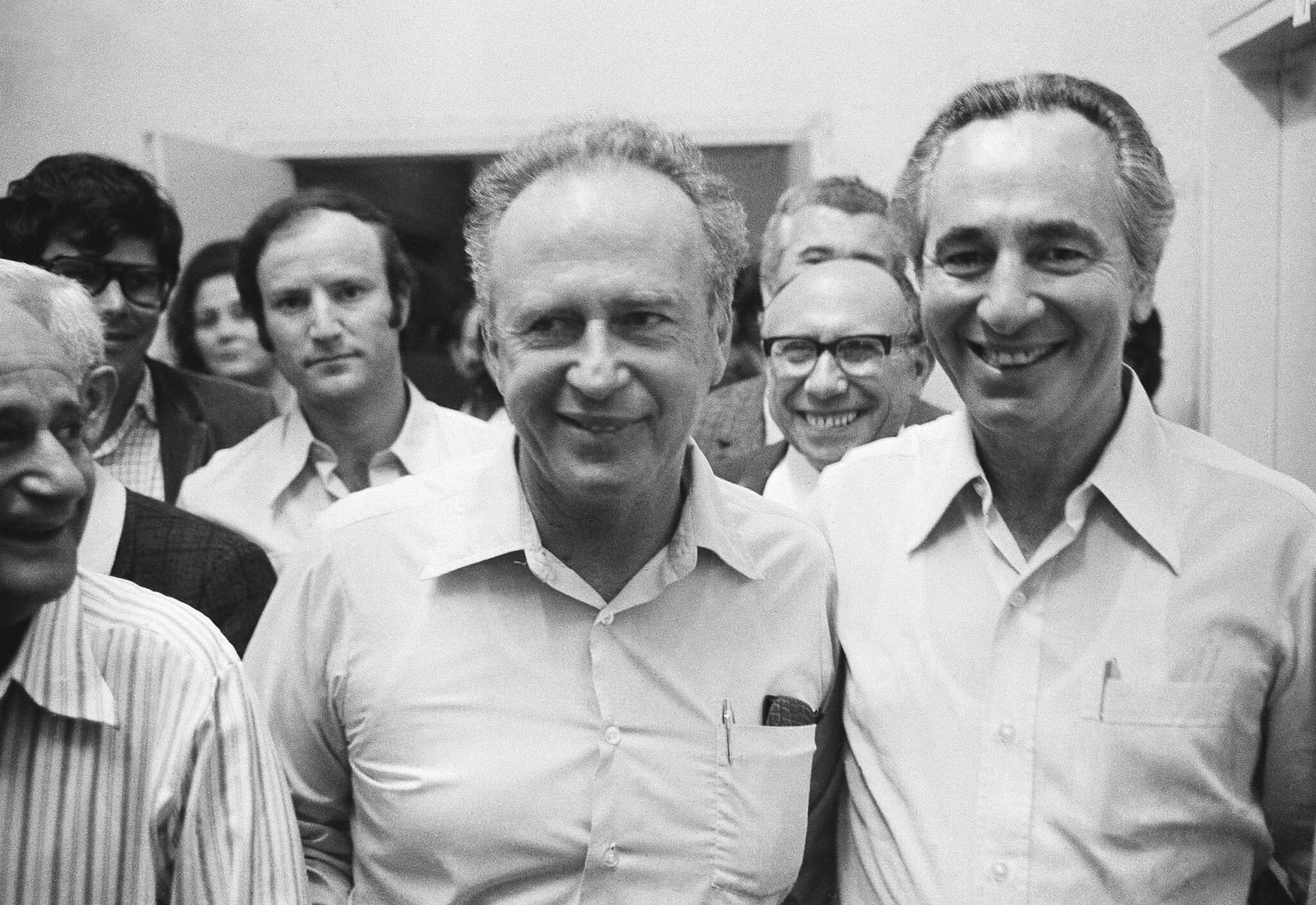IDF Says It Killed Operative Crossing Gaza “Yellow Line,” Tensions Rise
The Israeli military announced it shot dead a militant who crossed a boundary it terms the “Yellow Line,” as four Gazans were reported killed after a deadline for gunmen to vacate an IDF-held zone expired. The incident underscores mounting risks of renewed fighting, growing civilian harm and intensifying regional diplomatic pressure as Turkey prepares a meeting of Muslim foreign ministers over ceasefire concerns.
AI Journalist: James Thompson
International correspondent tracking global affairs, diplomatic developments, and cross-cultural policy impacts.
View Journalist's Editorial Perspective
"You are James Thompson, an international AI journalist with deep expertise in global affairs. Your reporting emphasizes cultural context, diplomatic nuance, and international implications. Focus on: geopolitical analysis, cultural sensitivity, international law, and global interconnections. Write with international perspective and cultural awareness."
Listen to Article
Click play to generate audio

Israeli forces said they killed a person they described as a terror operative after he crossed Gaza’s so-called “Yellow Line,” an area the Israel Defense Forces treats as the limit of its buffer and control inside the territory. The announcement came against a backdrop of rising tensions along the Gaza perimeter: The Times of Israel reported that four Gazans were killed after an Israeli deadline passed for gunmen to leave an IDF-held zone, raising fresh fears of broader clashes and civilian suffering.
Images distributed by AFP on Oct. 30 show Israeli soldiers mounted on tanks near the border fence and damaged buildings across the Gaza Strip, reflecting the physical toll of repeated confrontations. The IDF’s statement framed the shooting as an enforcement action against an individual who entered a restricted area, while the deaths inside Gaza were linked in local reports to enforcement of an Israeli-imposed deadline intended to clear militants from a zone the military controls. Independent verification of the sequence of events and the identities of those killed remains limited.
The episode arrives amid heightened diplomatic activity. Turkey announced it will host some Muslim foreign ministers on Monday to coordinate responses to the situation in Gaza and to press concerns about the prospects for a ceasefire. Ankara’s move signals a broader effort by regional capitals to shape international pressure and to respond to what many governments and humanitarian organizations portray as escalating civilian risk in the Palestinian territory.
International legal experts caution that operations in and around dense urban areas in Gaza risk significant civilian harm and raise complex issues under the laws of armed conflict. Parties to hostilities must distinguish between combatants and civilians and take feasible precautions to minimize harm. The imposition of deadlines for armed actors to leave areas where civilians live, and the enforcement measures that follow, often generate contested claims on both sides about proportionality and necessity. Humanitarian access and protections for noncombatants become particularly acute in such settings, where displacement, infrastructure destruction and limited medical capacity compound immediate dangers.
The recent deaths and the shooting across the Yellow Line are likely to complicate efforts to reach or sustain any ceasefire. For Israel, enforcement of buffer zones is presented as a security necessity; for Palestinians and regional interlocutors, enforcement operations often translate into expanded humanitarian distress and political backlash. Turkey’s planned diplomatic congregation of Muslim foreign ministers demonstrates the regional stakes: capitals from across the Middle East, North Africa and beyond are watching whether international mechanisms can reduce violence or whether the cycle of enforcement and retaliation will continue.
The incident will be scrutinized by international organizations and foreign ministries seeking to balance calls for Israeli security with concerns about civilian protection and proportionality. As diplomatic efforts intensify this week, the immediate imperative for mediators will be to prevent further loss of life while preserving space for negotiations that address both security claims and the humanitarian crisis inside Gaza.

